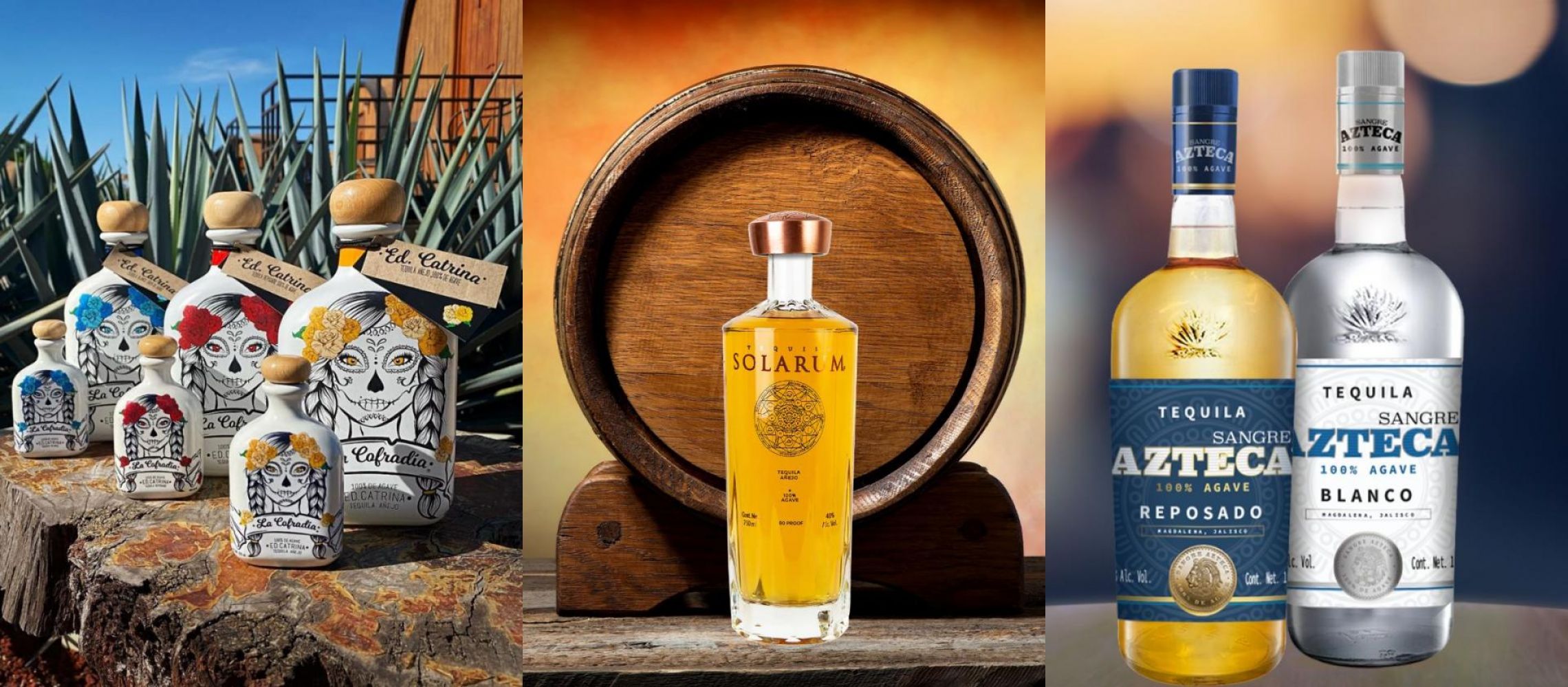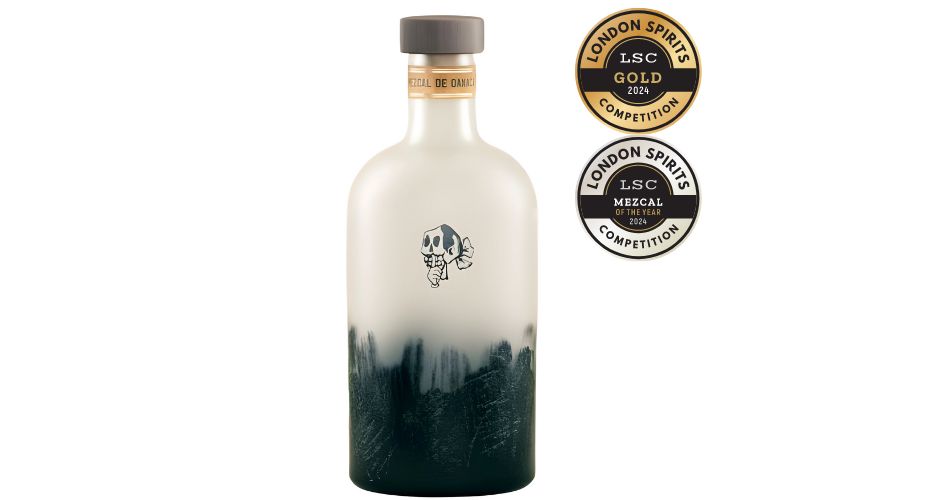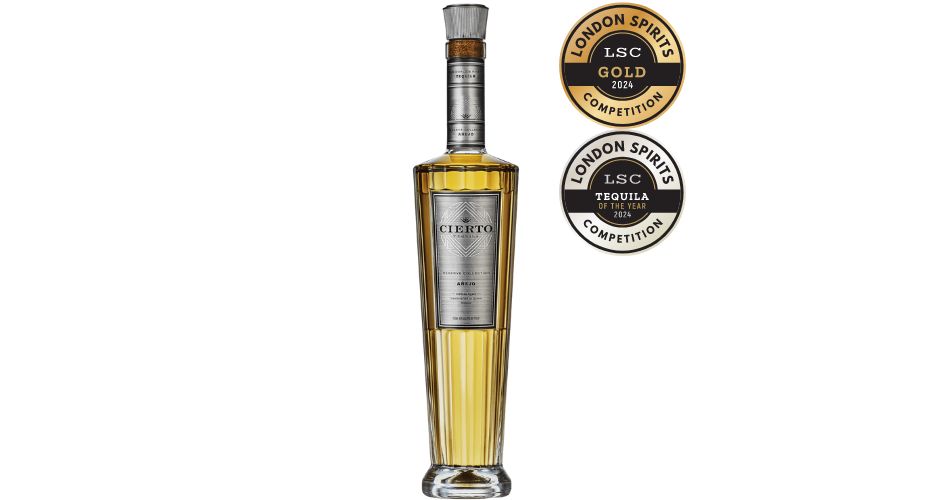Submission Deadline
28 February 2026
Judging
Date
24 & 25 March 2026
Winners Announcement
22 April 2026
28 February 2026
24 & 25 March 2026
22 April 2026

Understanding their categories, production processes, and regions of origin provides valuable insights into their unique characteristics and growing popularity.
In recent years, tequila imports and consumption have reached record levels, securing its position as the second most consumed spirit in the US, just behind vodka. This surge is driven by the mature cocktail culture in the American market, with two out of every three liters of tequila being used in cocktails. Meanwhile, mezcal is emerging as "the new tequila" in the agave spirits category, capitalizing on tequila's established popularity and paving its path to success.

Ernesto Wlasiuk, Managing Partners at NEWMARKETS
In a recent interview with the London Spirits Competition’s global brand ambassador Ernesto Wlasiuk, Managing Partners at NEWMARKETS explains how mezcal and tequila brands can take advantage of the growing category.
If you are just getting started to learn about the category, here’s an in-depth view on Mezcal and Tequila Categories and Regions in Mexico.
Mezcal: An umbrella term for agave-based spirits, with a wide range of flavors due to diverse agave species and production methods.
Tequila: A type of mezcal made exclusively from blue agave (Agave tequilana) in specific regions of Mexico.
Joven: Unaged or lightly aged, offering pure agave flavors.
Reposado: Aged in oak barrels for 2-12 months, adding complexity.
Añejo: Aged for at least one year, with deeper flavors and rich textures.
Artesanal and Ancestral: Denoting traditional production methods.
Blanco: Unaged, pure agave taste.
Reposado: Aged for 2-12 months, smooth with subtle oak notes.
Añejo: Aged for 1-3 years, rich and complex.
Extra Añejo: Aged for over 3 years, offering deep, sophisticated flavors.

RONDA DE ALMAS won the best Mezcal award at the 2023 London Spirits Competition
Jalisco: The heart of tequila production, particularly the areas around Tequila, Arandas, and the highlands (Los Altos).
Nayarit, Guanajuato, Michoacán, and Tamaulipas: Smaller production zones with unique terroirs.
Oaxaca: The primary state for mezcal, known for its diverse agave species and traditional production methods.
Durango, Guerrero, San Luis Potosí, Michoacán, Zacatecas, Puebla: Other significant mezcal-producing states, each contributing distinct characteristics based on local agave varieties and techniques.
Harvesting: Agaves are harvested, and the piñas (hearts) are cooked in earthen pits.
Fermentation: Cooked agaves are crushed, and the fibers are fermented in wooden vats.
Distillation: Fermented mash is distilled, often in clay or copper stills, to produce mezcal.
Aging: Mezcal can be bottled immediately or aged in oak barrels.
Harvesting: Only blue agave is used, primarily from Jalisco.
Cooking: Piñas are steamed in ovens or autoclaves.
Fermentation: Cooked agaves are crushed, and the juice is fermented.
Distillation: Fermented juice is distilled in copper stills.
Aging: Tequila is aged in oak barrels to achieve reposado, añejo, or extra añejo status.

RESERVE COLLECTION AÑEJO won the best Tequila. Also read: The World’s Best Tequila—According To The 2024 London Spirits Competition
Flavor Profile: Smoky, earthy, and complex due to traditional cooking methods and diverse agave species.
Regional Variations: Each region imparts unique flavors based on local agave varieties and terroir.
Flavor Profile: Varies from the pure, fresh agave taste of blanco to the rich, complex notes of extra añejo.
Highland vs. Lowland: Highland tequilas (Los Altos) tend to be sweeter and fruitier, while lowland tequilas are more herbaceous and robust.
Mezcal and tequila production provides employment and supports local economies.
Both industries contribute significantly to Mexico’s export revenues.
Mezcal and tequila are deeply embedded in Mexican culture, traditions, and celebrations.
Efforts to preserve traditional production methods are vital to maintaining cultural heritage.

Image: Sid Patel, CEO, Beverage Trade Network with Lloyd de Villamor, Managing Partners of NEWMARKETS at ProWein, Düsseldorf. 2024.
Also Read: Harnessing the Boom: Agave and Tequila Success Stories in the US Market where we chat with Ernesto Wlasiuk, Export Manager and International Trade Consultant at NewMarkets, Mexico, to discuss how companies can capitalize on this demand, expand their market presence, and protect themselves from financial risks.
London Spirits Competition will be hosting a webinar with Ernesto Wlasiuk, Export Manager and International Trade Consultant at NewMarkets in the coming weeks on the region and category where you will be able to learn more about how to market the category in international markets.
[[relatedPurchasesItems-63]]
Exploring the mezcal and tequila categories, production processes, and regions in Mexico reveals the depth and richness of these spirits. Understanding their unique characteristics helps us appreciate their growing popularity and significance in both local and global markets. Whether you’re a connoisseur or a casual enthusiast, delving into the world of mezcal and tequila offers a fascinating journey through Mexican heritage and craftsmanship.
Show your spirits where it matters. Get your products tasted by top bartenders, buyers and experts at the London Competitions — enter now.